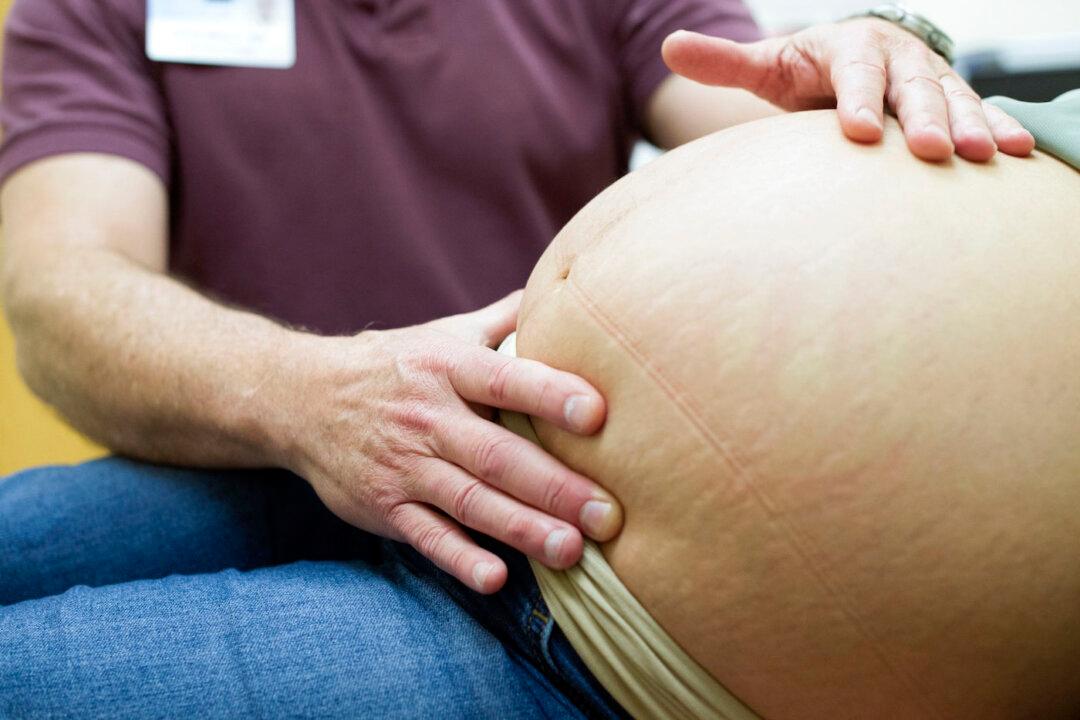A major hospital network in Massachusetts has updated its policies and will no longer report suspected child abuse or neglect based solely on a newborn baby testing positive for drugs.
In an update issued on April 2, Massachusetts General Brigham said the change is being rolled out to address disparities, particularly among women of color.




